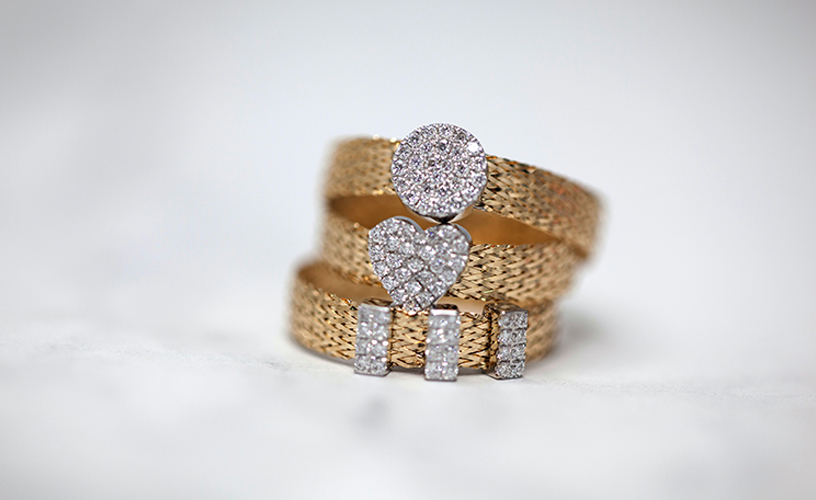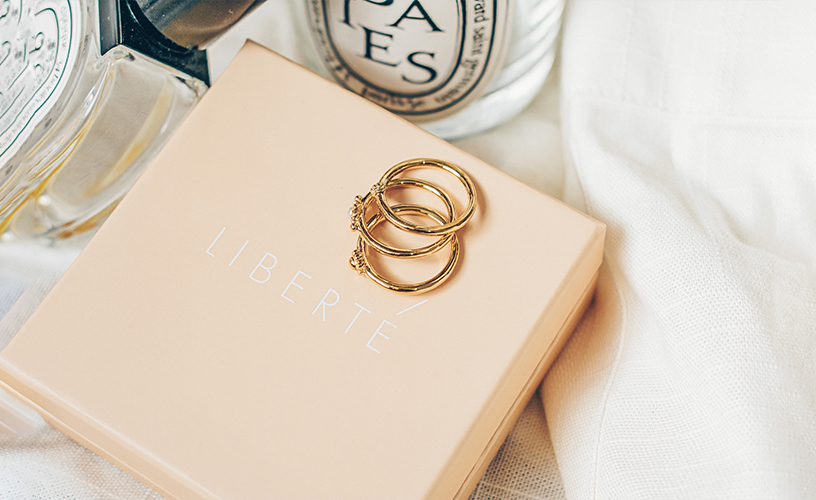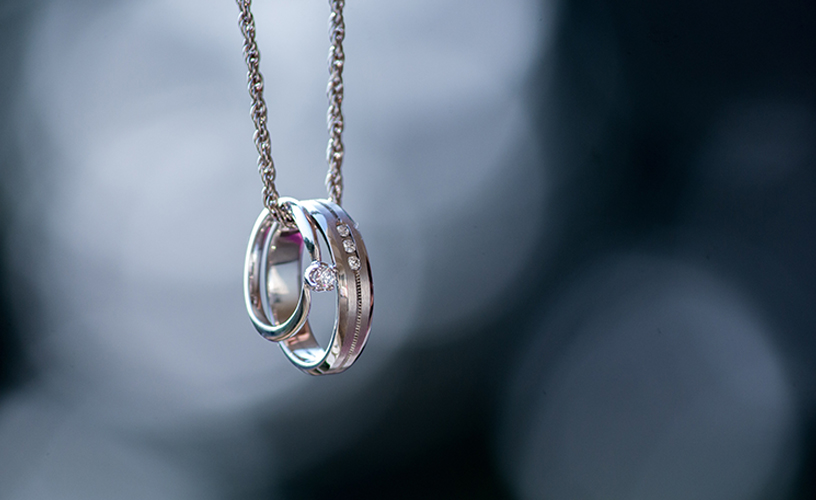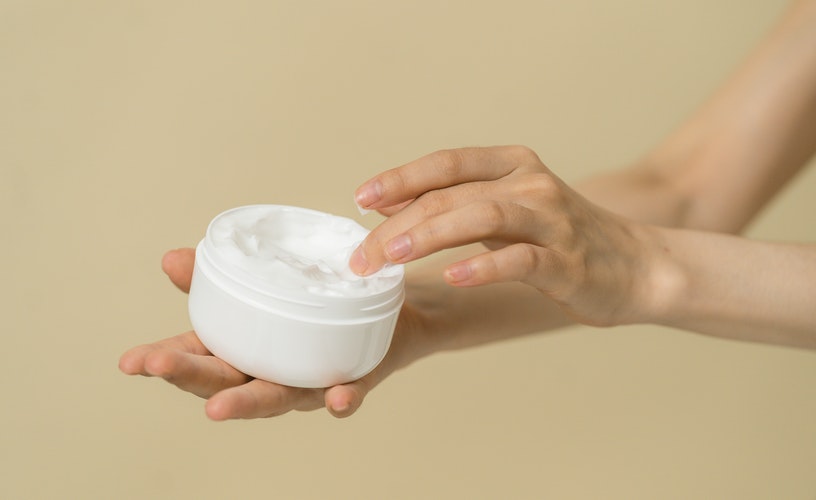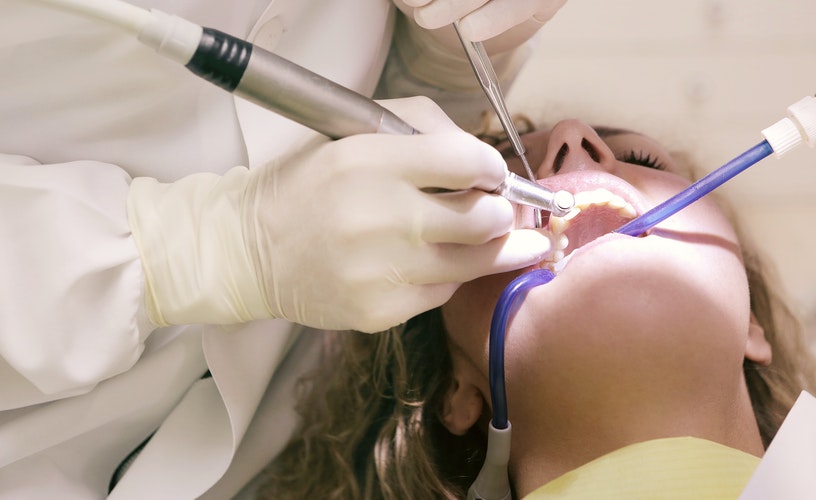Caring for Jewelry
Caring for your handmade jewellery is easy and will help your treasures last a lifetime of wear and pleasure. This brief guide takes you through the basics, as well as highlighting some pitfalls to watch out for. But first, a quick word of caution. Before you start any cleaning activity, please be sure that your stones or beads will not be damaged by whichever method you have selected.
General wearing advice:
When wearing, protect all jewellery from scratches, sharp blows, chemicals, extreme temperatures, and sunlight.
The above also apply to storage, when jewellery is particularly vulnerable, especially when left in the bottom of a drawer or cupboard.
Store jewellery separately so it doesn’t scratch other jewellery.
Remove jewellery when doing household tasks such a gardening, cleaning and household repairs or other strenuous activities such as sport.
Apply makeup, perfume and hairspray before putting on your jewellery.
Do not wear jewellery while in a swimming pool or hot tub or bathing. The chlorine in the water can damage various gemstones and metals.
Do not store jewellery next to heating vent, window sill, or in the car.
Store jewellery away from sunlight. The sun will fade some gemstones.
Always store bead necklaces strung on silk or cotton flat because these threads stretch over time.
Store metal jewellery in resealable plastic or jewellery bags with silica-gel sachets to prevent tarnish.
Jewellery with pearls or opals needs to be stored in fabric instead of plastic bags as these stones need to “breathe.”
General cleaning advice:
After each wearing, gently wipe each piece of jewellery clean of make up and skin oils with a 100% cotton cloth.
Some jewellery can be washed in warm soapy water providing it is dried carefully before storage. Do not do this if your jewellery is strung on silk or cotton as these will stretch.
Rinse carefully and pat dry with a soft non-abrasive cloth.
Polish metals gently with a soft jewellery polishing cloth.
Ultrasonic cleaners only work with hard crystalline stones; otherwise avoid them.
Whatever you do, please be gentle.
Do not use Chemical Cleaners:
Many stones will be adversely affected by harsh chemical cleaners. Many will discolour and some may eventually break apart. The stones which are particularly vulnerable include Amber, Aquamarine, Coral, Emerald, Jade, Lapis, Malachite, Opal, Pearls, Shell and Turquoise. If in doubt, simply don’t put in any chemicals.
Light Sensitive Stones:
Many stones will bleach in strong light if left exposed for long periods of time. They will lose their bright colour and eventually become drab and unattractive. The stones which are vulnerable to sunlight include Amethyst, Ametrine, Aquamarine, Aventurine, Beryl, Celestite, Chrysoprase, Citrine, Hiddenite, Kunzite, Rose and Smoky Quartz, Fluorite and Topaz.
Cleaning Beads:
Beads are usually more robust than semi-precious stones, especially if they are made of glass, pottery or ceramic. However some beads, in particular those made from wood or bone are usually very sensitive and have to be treated with great care. Consequently the same cleaning and storage precautions should be exercised as the advice given for other kinds of jewellery.
Cleaning Silver and Gold:
Silver and gold can generally be cared for in the same way. Both methods below work well, but make sure that you are not too enthusiastic cleaning plated items, as your vigorous rubbing may wear away the metal coating. Solid items should withstand more vigorous treatment.
Commercial silver/gold cleaners. Be sure that any stones in the jewellery can withstand the chemicals in the cleaner. Read the label, and if in doubt, do not use the cleaner. Some gemstones that cannot be placed in most commercial jewellery cleaners are: pearls, lapis lazuli, malachite, opals, coral, turquoise, and others.
Ammonia and water. Use a light solution of ammonia and water on a toothbrush or soft cloth, then rinse thoroughly with water. Ammonia should not be used on the same types of gemstones that should not be used with commercial cleaners.
Tarnish can be prevented by storing your jewellery in resealable plastic bag together with a sachet of silica gel. This will absorb any moisture. Silver of gold jewellery containing pearls and opals, however, should not be stored in plastic bags.
Cleaning Copper and Brass:
Surprisingly, copper and brass are also very simple to care for. While they do tarnish more quickly than silver, they can be restored to their original shine very easily. Methods for cleaning and shining copper and brass jewellery are outlined below:
Commercial copper/brass cleaner. Again, be sure that any stones in the jewellery can withstand the chemicals in the cleaner and if in doubt do not use it.
Ketchup, Worcestershire Sauce or Vinegar. As unlikely as it sounds, the acetic acid in these substances will shine up copper and brass very nicely. Apply them carefully with a toothbrush or soft cloth, leave on for a couple of minutes, then rinse thoroughly. Avoid getting these products on the same types of stones which should not be exposed to chemical cleaners.
Combination of water, lemon or lime juice and salt. Add a few drops of lemon or lime juice to a container of water, then add a teaspoon of salt and stir gently. Place the jewellery in the solution for a few minutes, then remove and rinse thoroughly. If needed, the dip in the solution can be repeated. Again, this method should not be used with gemstones or pearls that cannot be cleaned with chemical cleaners.
Tarnish, as with silver, can be prevented by storing your jewellery in resealable plastic bag together with a sachet of silica gel. This will absorb any moisture. Avoid storing jewellery containing opals or pearls in this way.
Disclaimer: Whilst the information given above is provided in good faith, we do not recommend you do anything unless you are personally certain that no harm will come to your jewellery as a result of cleaning. We do not take any responsibility for damage which ensues from your actions


